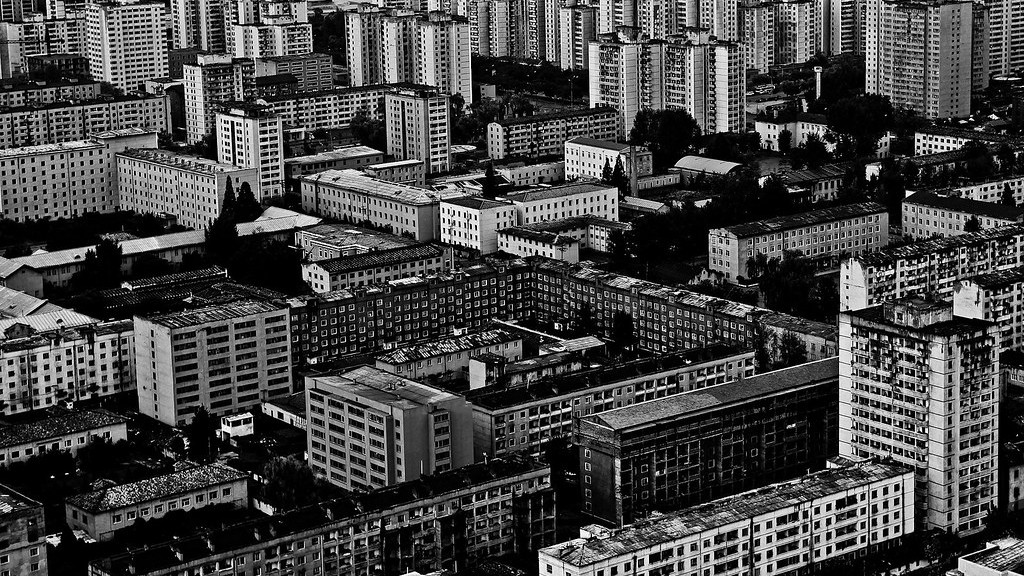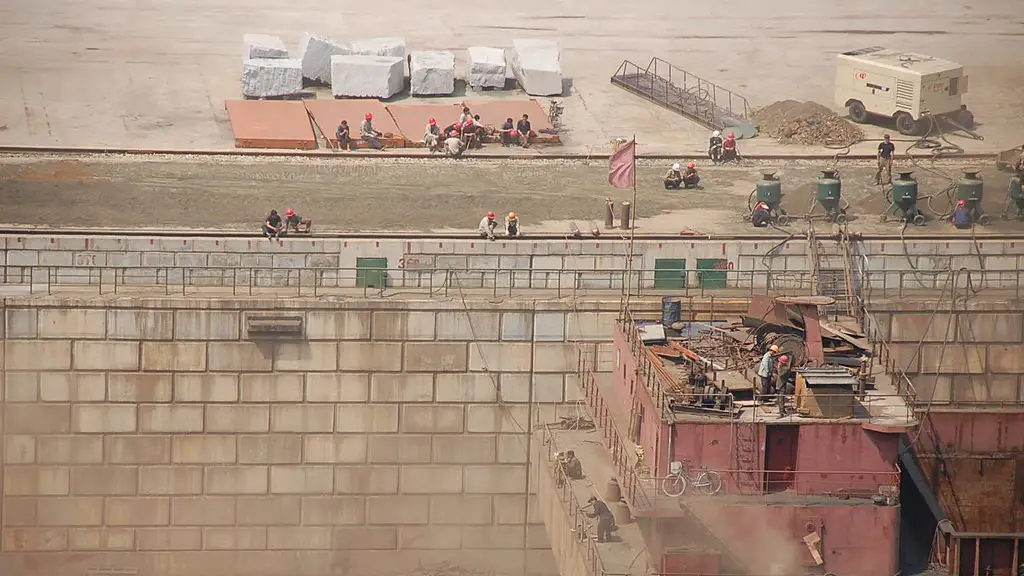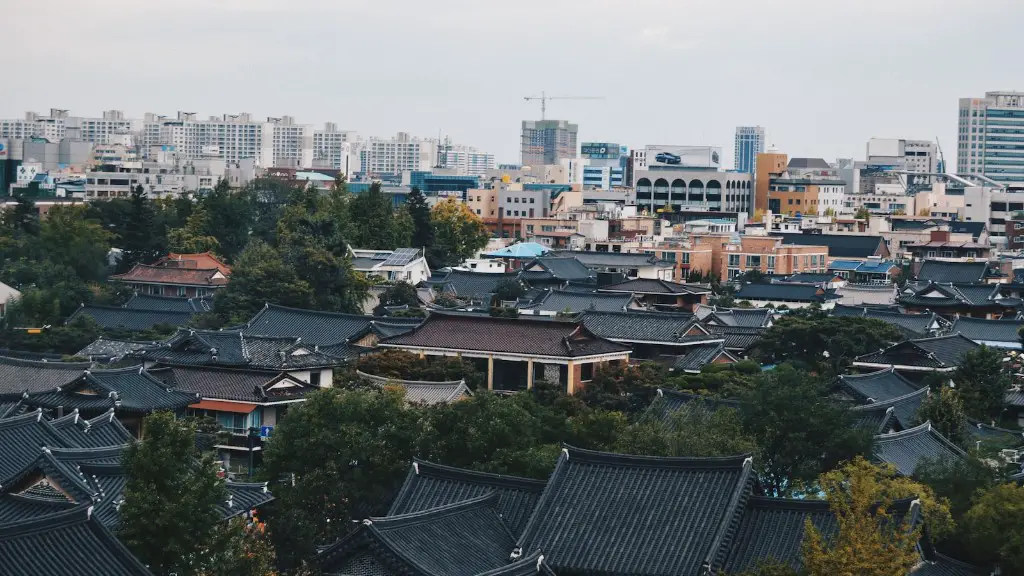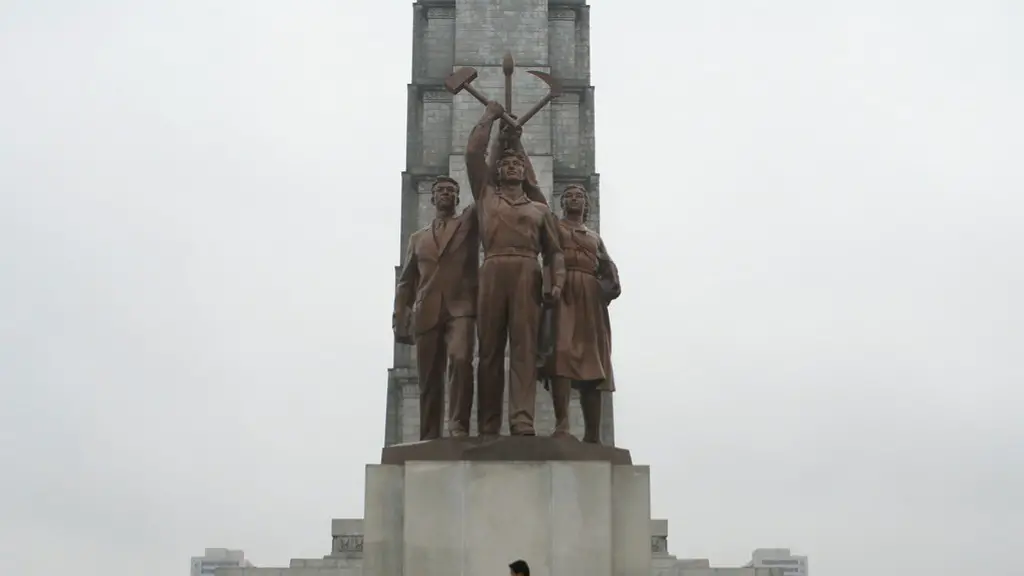Family History
North Korea has been under rule of the Kim family since its formation in 1948. Kim Il-Sung, North Korea’s founder, was the longest ruling dictator in the world, holding power from 1948 until his death in 1994. He was succeeded by his son, Kim Jong-Il, who held power from 1994 to his own death in 2011. Presently, North Korea is governed by the grandson of Kim Il-Sung, Kim Jong-Un, who has been ruling the country since 2011.
Leadership and Propaganda
The rule of Kim Jong-Un is characterized by an oppressive regime with a focus on propaganda and control. Kim Jong-Un extends control over the media and communication systems, in order to control and limit information that citizens of North Korea are exposed to. For many years, North Koreans were not allowed to travel abroad and citizens were not allowed to leave the country. Of course, this has changed over the years, but the restrictions remain.
Kim Jong-Un is also the leader of the Worker’s Party of Korea and has sought to raise the status of the party within North Korean politics. He has also implemented a policy of military development, with the creation of a nuclear weapons program and the development of ICBMs. This has led to heightened tensions between North Korea, South Korea, and other countries involved in the geopolitical struggle.
International Reputation
Internationally, North Korea has a reputation as a rogue state. The North Korean regime is notorious for its human rights abuses, and its suppression of freedom of speech and expression. Kim Jong-Un has overseen a campaign of political purges, imprisoning and even executing spokespeople who he deems to be enemies of the state.
North Korea is also publicly viewed as an unpredictable and dangerous state. Kim Jong-Un has been known to make threats to other countries, most notoriously the United States and South Korea. His provocations to build a nuclear arsenal have only furthered tensions in the region.
The Influence of The External Powers
Due to its size and location in East Asia, North Korea has been heavily influenced by the other major powers in the region, such as China and Russia. These countries have provided North Korea with economic and military aid, though both countries have sought to reduce their influence over the nation.
The relationship with the United States and South Korea has been equally fraught. The United States has imposed economic sanctions on North Korea in the past, in an attempt to limit its ability to build a nuclear program. South Korea has sought to engage in diplomacy, with mixed results.
Economy of North Korea
The economy of North Korea is one of the most isolated and centrally-controlled economies in the world. North Korea has a state-run economy where the majority of production and distribution of goods and services is managed by the government. North Korea relies heavily on foreign aid from other countries in order to fund its economy.
Sanctions from the United Nations and other countries have limited the country’s ability to trade and its access to foreign markets. In recent years, North Korea has taken some steps to open itself up to foreign investment, including allowing foreign companies to invest in projects in the country.
The Human Cost Of The Regime
Perhaps the most tragic aspect of the Kim Jong-Un’s regime is the human cost. North Korea is one of the poorest countries in the world, with millions of citizens living in poverty. The country has also been criticized for its poor human rights record, including its mistreatment of political dissidents and its suppression of freedom of speech and the press.
These facts are compounded by the fact that the North Korean government has been known to use forced labor camps in order to punish political prisoners and control the population. In spite of these facts, the regime remains largely unchallenged.
Growing International Criticism
Due to its poor human rights record and its aggressive stance towards other countries in the region, North Korea has come under increasing criticism from the international community. This has ranged from censure from international human rights agencies to economic sanctions from the United Nations and other countries.
Despite the growing pressure, North Korea has remained defiant, with Kim Jong-Un has even escalating his rhetoric in response to the criticism.
The Future Of The Regime
The future of the Kim Jong-Un’s regime is uncertain. It is clear that the international pressure is mounting, and many believe that the regime could eventually collapse. However, the regime has remained resilient in the face of adversity, and many still question whether or not the Kim family will remain in power in the years to come.
Ultimately, only time will tell what fate awaits the North Korean regime under Kim Jong-Un.



